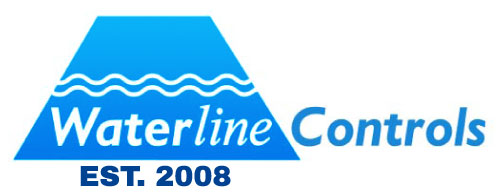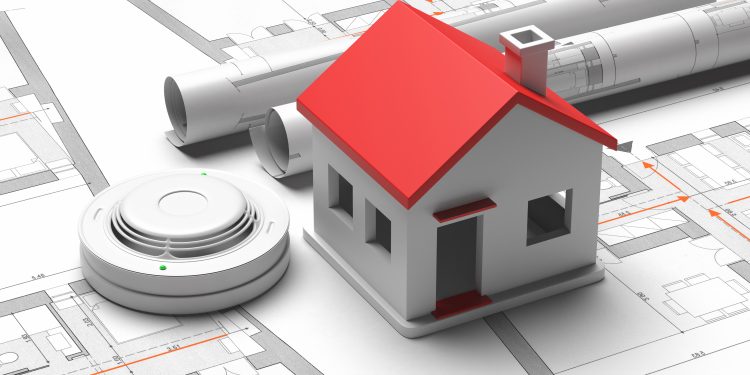Water Management in Intelligent Buildings
Intelligent buildings are the culmination of technological advancements that enable cost containment, efficiency, sustainability, and occupant satisfaction through system optimization. While solutions for intelligent buildings have traditionally been positioned to promote energy efficiency, as the market matures, vendors are emphasizing broader benefits. One such benefit is the conservation and management of water, which is becoming an increasingly important issue in commercial buildings. Advocates have long struggled to increase widespread investment in water-saving technologies and the adoption of intelligent building solutions.
Sustainability, as well as corporate commitment to intelligent buildings, are significant drivers for early movers in the water management market. However, a lack of regulation and a disparity between the true cost of water and its price are two impediments to water conservation and management. Investment in three segments of water management—software and services, water-efficient plumbing, and irrigation management—provides economic and environmental benefits, but adoption rates and scale vary significantly by region and customer sector. Global investment in water management solutions is expected to increase from $2,007.9 million in 2016 to $2,862.3 million in 2025, according to Navigant Research.
This Navigant Research report examines the opportunities and challenges associated with deploying water management technologies and services in intelligent buildings. The study investigates the major market dynamics influencing water management solution adoption at the macro level, as well as by customer sector (building type) and region. Revenue forecasts for the global market are provided through 2025, segmented by customer sector, technology segment, and region. Additionally, the report examines key water management technologies for intelligent buildings, as well as the competitive landscape.
Significant Issues Addressed:
- What is motivating interest in intelligent building water management?
- Which of the following are the primary impediments to investing in intelligent building water management?
- What are the advantages of intelligent building water management?
- Which customer segments stand to gain the most from intelligent building water management?
- Which technology segments in the intelligent building water management market will experience the fastest growth?
- Which water management solutions are gaining the most traction?
Waterline Controls™
Our level sensors and controls aren’t just for use in residential potable water holding tanks; some of the other applications include cooling towers, sump pumps, wastewater, boilers, water storage tanks, and building fire protection water tanks.

